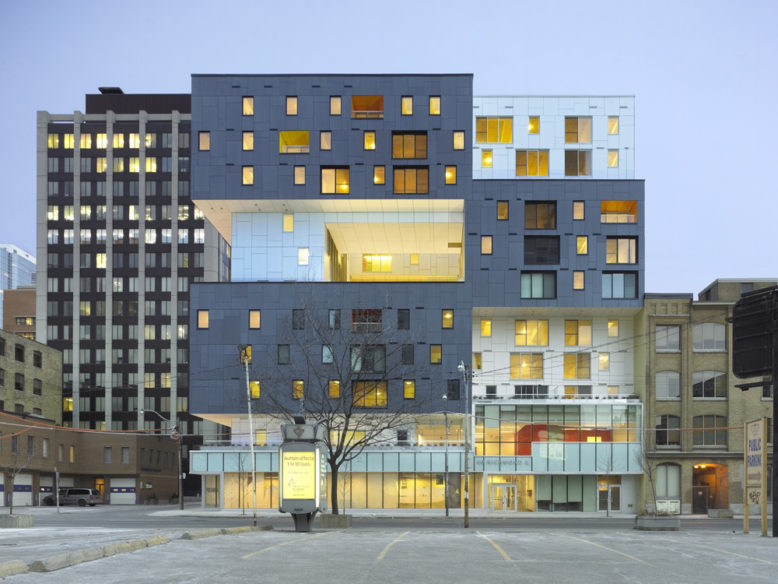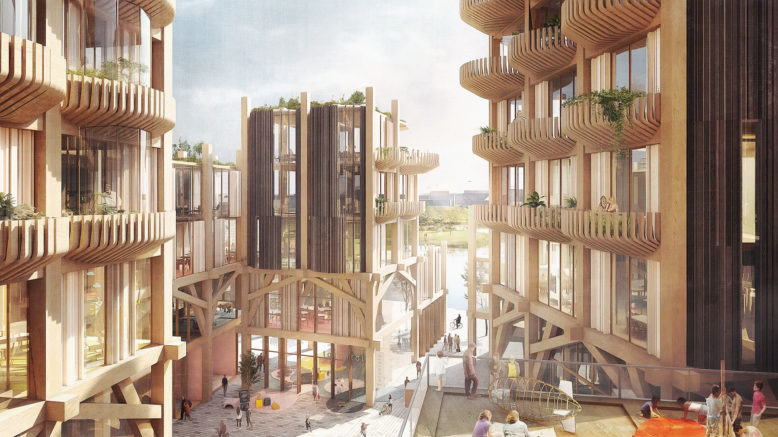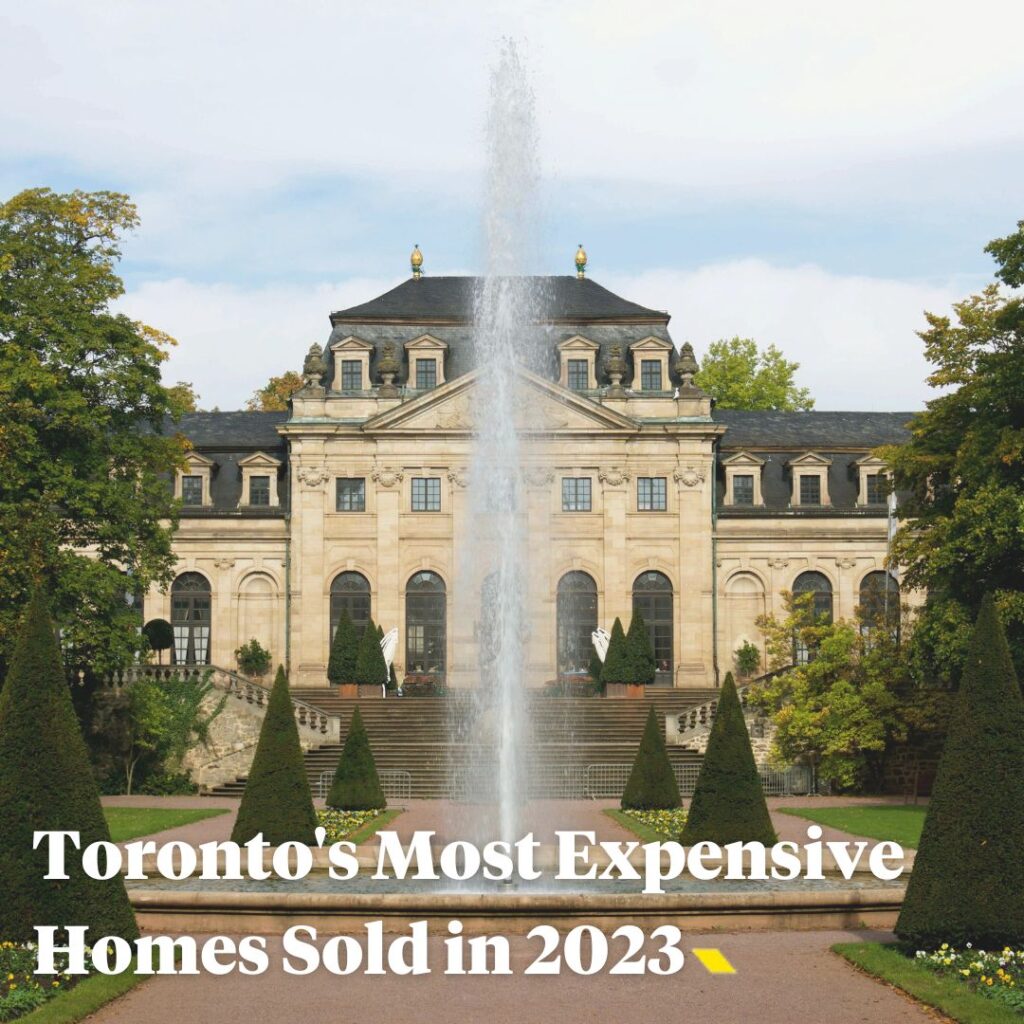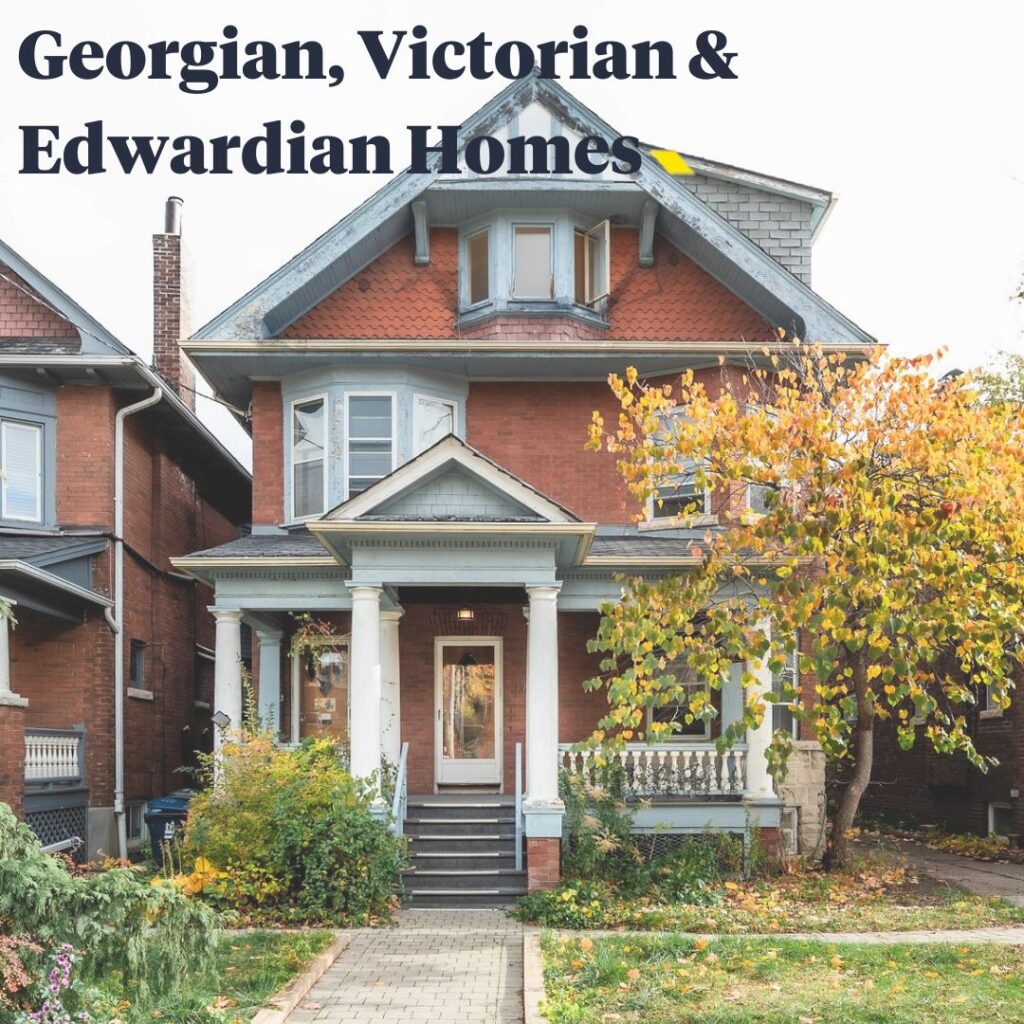You might have heard about Google’s sister company, Sidewalk Labs who have been granted approval to build the first ‘smart city’ in Toronto. It is argued that applying new technologies to our existing models of living does not provide any long-term benefits to a community, nor does it reduce problems such as climate change, poverty, the housing crisis or health care.
Smart Cities, is an innovative method of improving the city infrastructure that is designed to create efficiencies, improve sustainability, create economic development and enhance quality of life for people living and working in the city.
Cohousing / Collaborative Housing
 Source: ArchiDigest
Source: ArchiDigest
Cohousing is an example of North American urban developments that can build vibrant and resilient communities in its area, whilst also reducing our damage to the planet.
Collaborative housing, or better known, cohousing, is where the community of resident tenants and owners of properties within a large project collectively participate in the design, development and organisation of a cohousing scheme. The legal structure of these communities may vary, some are cooperatives, while others are condominium associations.
One of the key findings from cohousing, is that when the members of a self-created community get together to design their own neighbourhood, they opt for less personal space and more shared resources, included but not limited to a common house, a large kitchen and dining area, guest suites and gardens. It can be said that this approach instills a sense of community that has emerged from more than just it’s physical design – but by bringing together the future residents of the projects and allowing them to create their own property together.
To learn more about cohousing, click the link here.
Sidewalk Labs Toronto
 Source: SIDEWALK TORONTO
Source: SIDEWALK TORONTO
Sidewalk Labs, an initiative inside Google’s parent company Alphabet, has plans to create the first ‘smart city’ in Toronto. First proposed in 2017, the group plans to build its first connected city in a neighbourhood called Quayside, on Toronto’s Waterfront, Canada.
The district is built around information technology and gathers data about traffic, noise, air quality and the performance of systems like trash bin and the electrical grid to guide its operation.
Renderings of the non-final plans were released in February of this year. From these renders, it can be assumed that the city’s buildings will include at least 3,000 units for housing with a third being designed “affordable”. According to Fortune, some of the innovative designs of this smart city includes- modular buildings, solar powered town, raincoats for buildings, geothermal heat and 5G internet for everyone. The city will also have an underground series of tunnels which will accommodate delivery drivers and bin lorries.
However as of this week, the Canadian Civil Liberties Association have filed a lawsuit over the Sidewalk Labs project. The letter warning of the impending suit states the project instigates legal problems and poses concerns that the project has opened opportunities for a private company to capture public and personal information of Canadians without any legislation to protect personal privacy.
Furthermore, on Wednesday, around 150 people turned up for the first public meeting of #BlockSidewalk, a group organized by citizen’s who are opposed to the 12-acre development on Toronto’s waterfront. They gathered last night to oppose the project that falsely advised them that developments would only take place on the Waterfront. However new plans have suggested that it will be leveraging 350 areas in the Port Lands.
For more information about the project, visit their website: https://sidewalktoronto.ca/








